Should we avoid alcohol in skincare? The simple answer is: it depends.
Although, alcohol on your skin sounds scary and damaging. It can dry you out, damage the skin barrier, create inflammation, cause premature ageing.
But what makes a product dangerous or friendly is the formula.
What is the purpose of alcohol in skincare?
Alcohols are very common both in skincare and makeup products. Their main prerogative is to make a product formulation elegant. This means the product will feel light on the skin and absorb faster. Or the opposite, it will make the texture rich and creamy.
Alcohols act as solvents or emulsifiers. They will help another ingredient dissolve into the liquid, making the formula even and comfortable.
In adition to this alcohol in skincare can act as an extra preservative.
What are the good alcohols in skincare?
Fatty alcohols, derived from plants such as coconut or palm oil, are non drying or iritating. These helps make the texture of the product thick and luscious.
Compared to low molecular alcohols, aka the bad ones, these can actually be emollient. An emollient softens the skin texture and prevents moisture loss. They also serve as emulsifiers, as they have a waxy texture that keeps water and oil together.
The easiest way spot these is to look for the -yl (but it doesn’t always work):
- Cetearyl
- Stearyl
- Cetyl
- Behenyl alcohol
- Propylene glycol
You can find these in hair conditioner, foundation, eye makeup, moisturizers and cleansers.
Of course, plant-derived doesn’t mean better. As any plant-derived product, this ingredient can come with the associated irritation.
What are the bad alcohols in skincare?
The simple alcohol in skincare will make the texture of the product lighter and help the product penetrate better into the skin. Upon application, they will evaporate, often also evaporating the moisture in the skin in the process.
- SD alcohol 40
- Denatured alcohol
- Ethanol
- Isopropyl alcohol
- Methanol
- Benzyl alcohol
These are commonly found in light products such as toners, serums and gel moisturizers.
Used in large quantities, these alcohols can affect the skin barrier and cause dryness and irritation. This, in turn, will stimulate excessive sebum production and cause breakouts. Furthermore, increased penetration is great for active ingredients but that means that fragrance and essential oils will also absorb into the skin, potentially causing even more irritation.
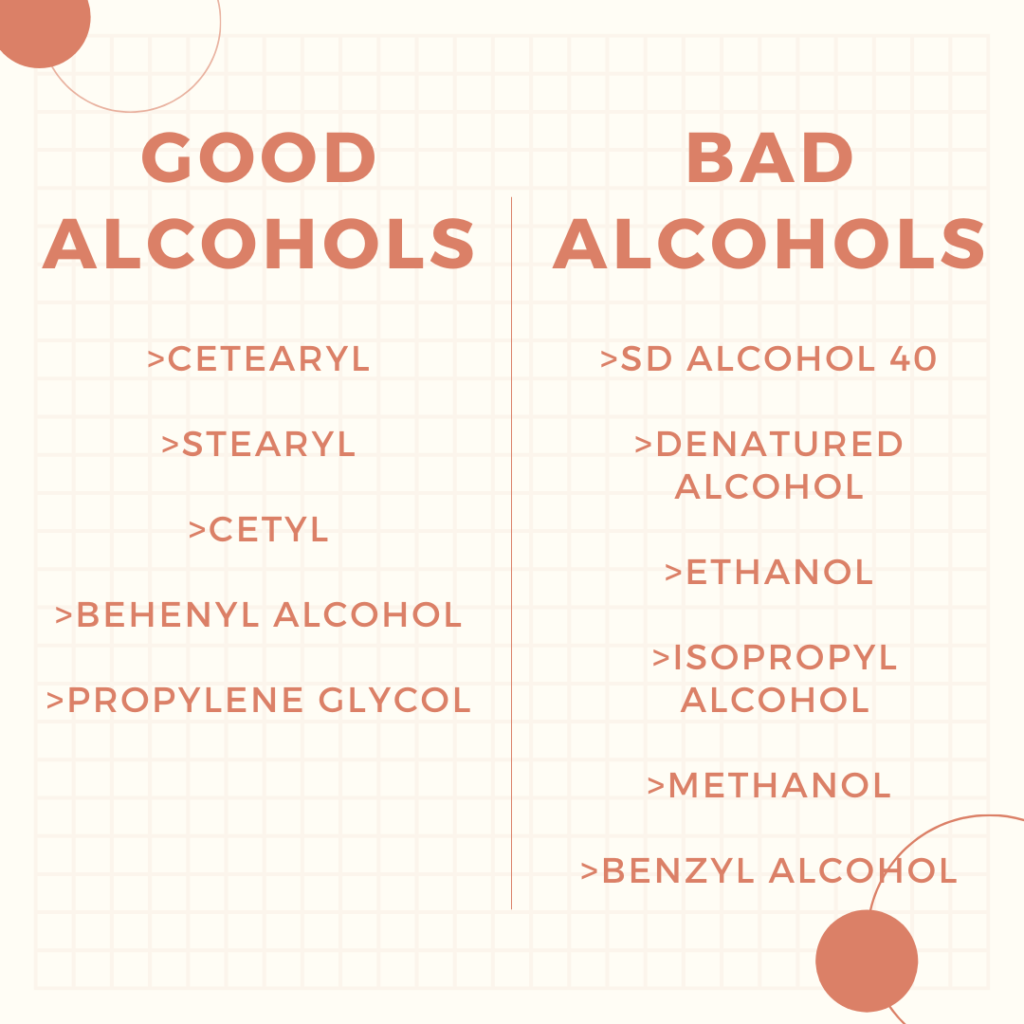
In my opinion, these have no place in our skincare routine. They are acceptable in spot treatments where the goal is to disinfect and dry out the specific spot.
However, as I previously said it’s all about the formula. If alcohol appears low in the ingredients list of a product, about past the 6th ingredient, it can be safe.
With the increased awareness about alcohol and its effects on the skin, we have an array of products and brands that offer alcohol-free products. I personally have never given a damn about it, but I will, from now on, consciously chose products that are not going to deteriorate my skin in the long run.
What is your opinion on the place of alcohol in beauty products?
Follow me on Instagram for more product reviews, useful tips, as well as snippets of my daily life.
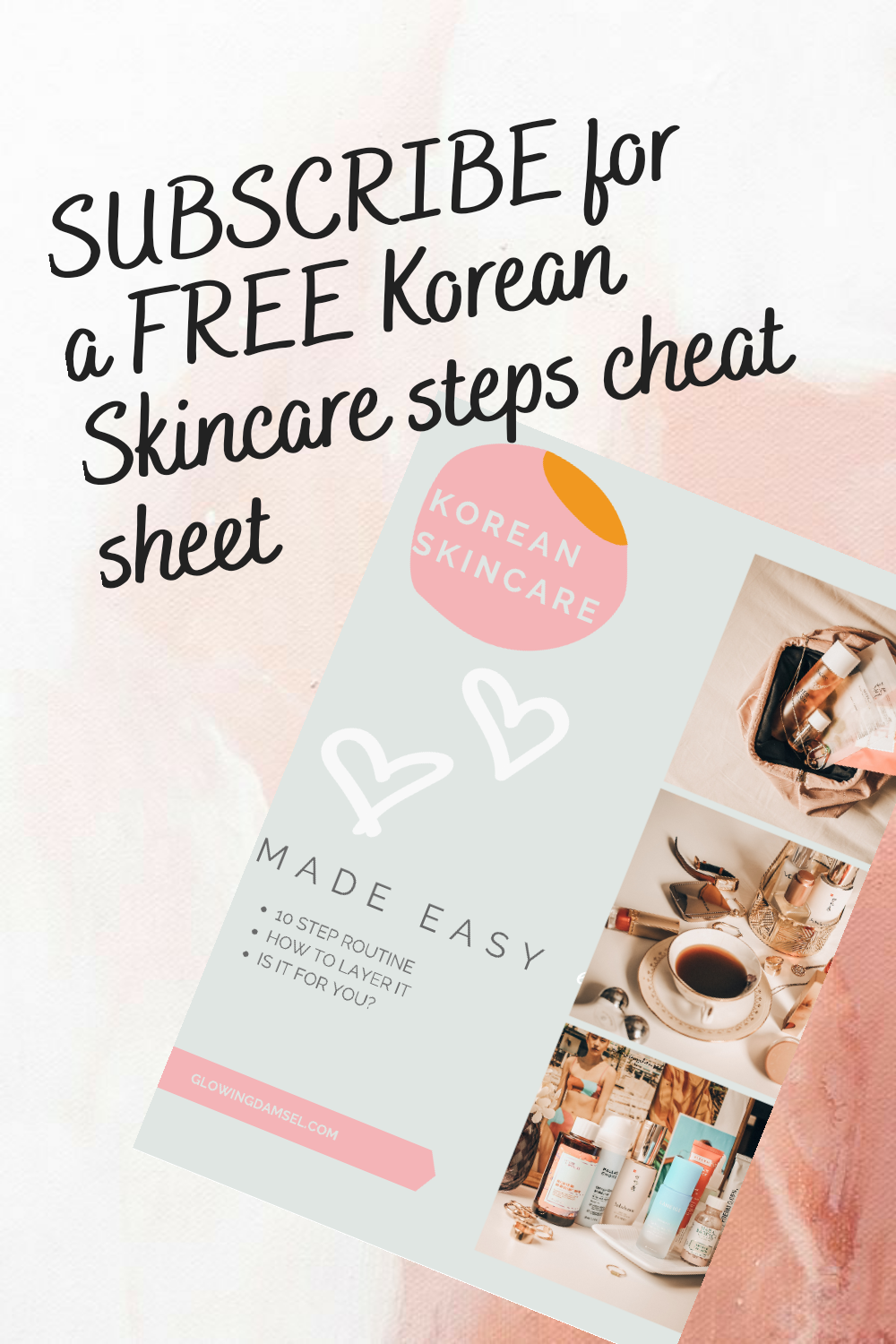
Some of the links listed above are affiliate links, meaning that if you click through and decide to make a purchase, at no additional cost to you, I may earn a commission.
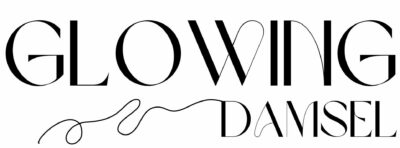
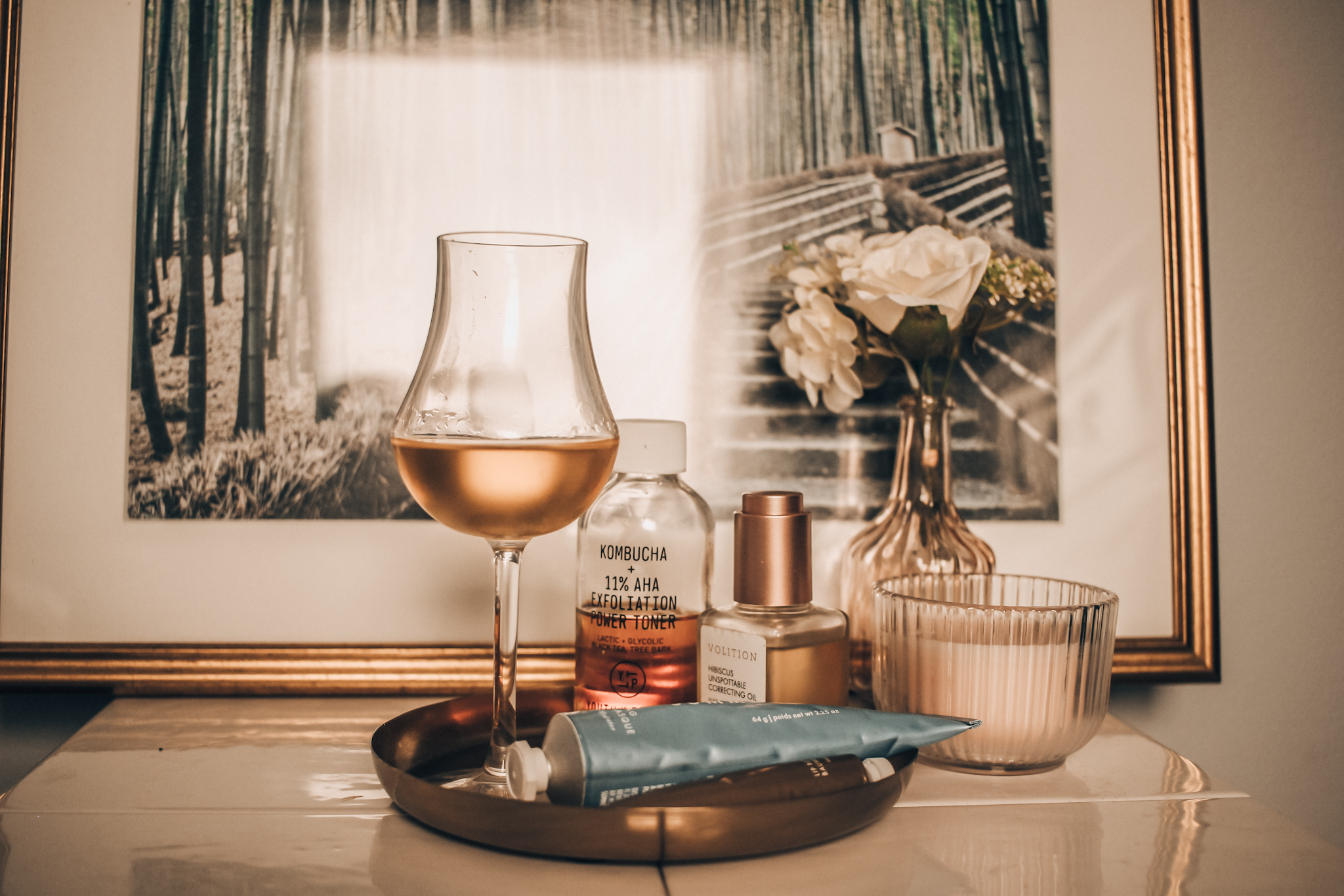
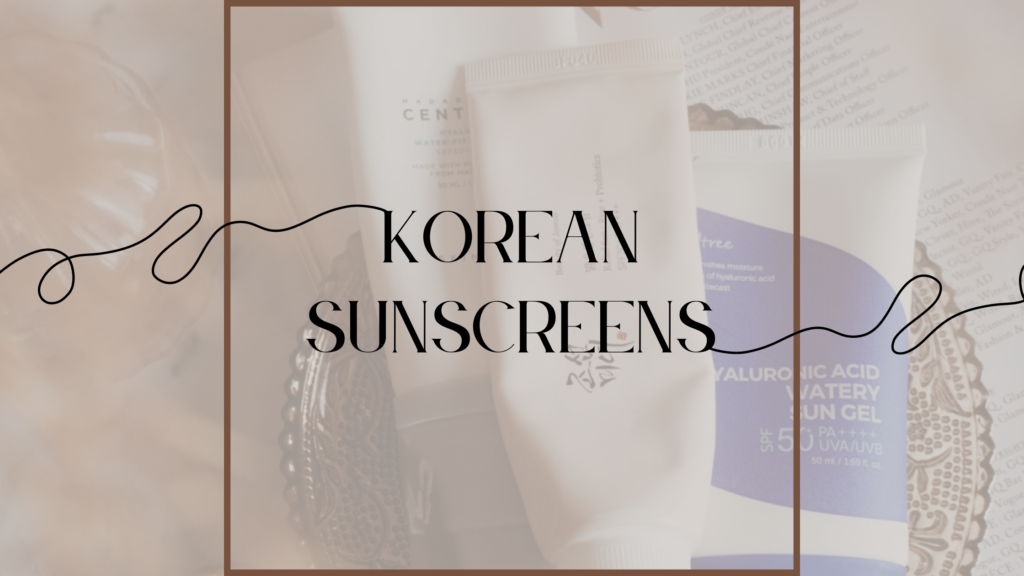
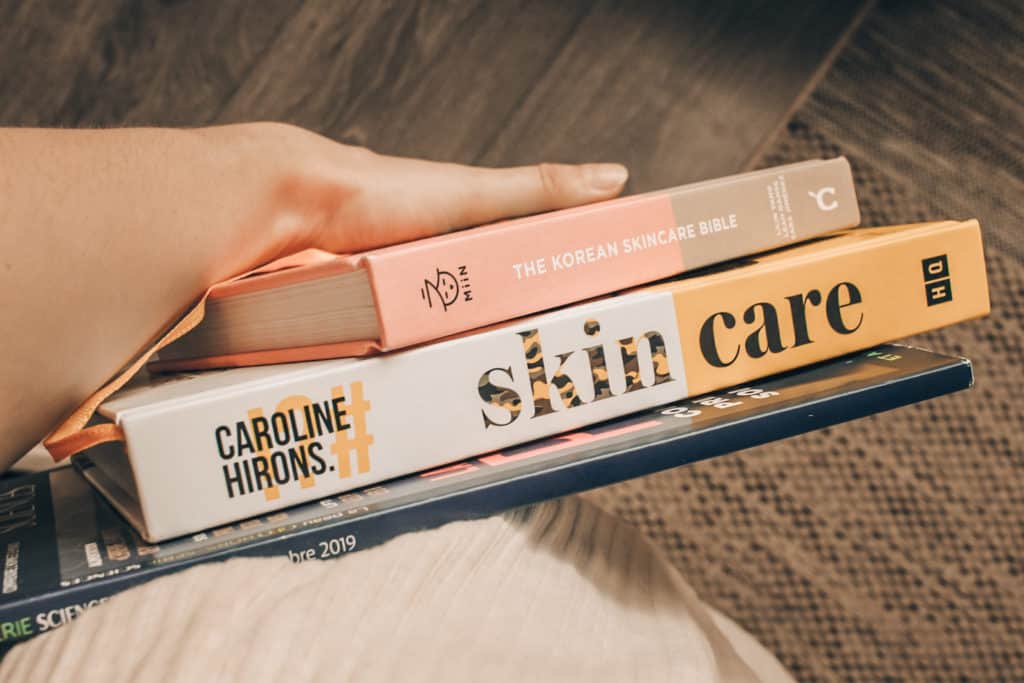
Leave a Reply